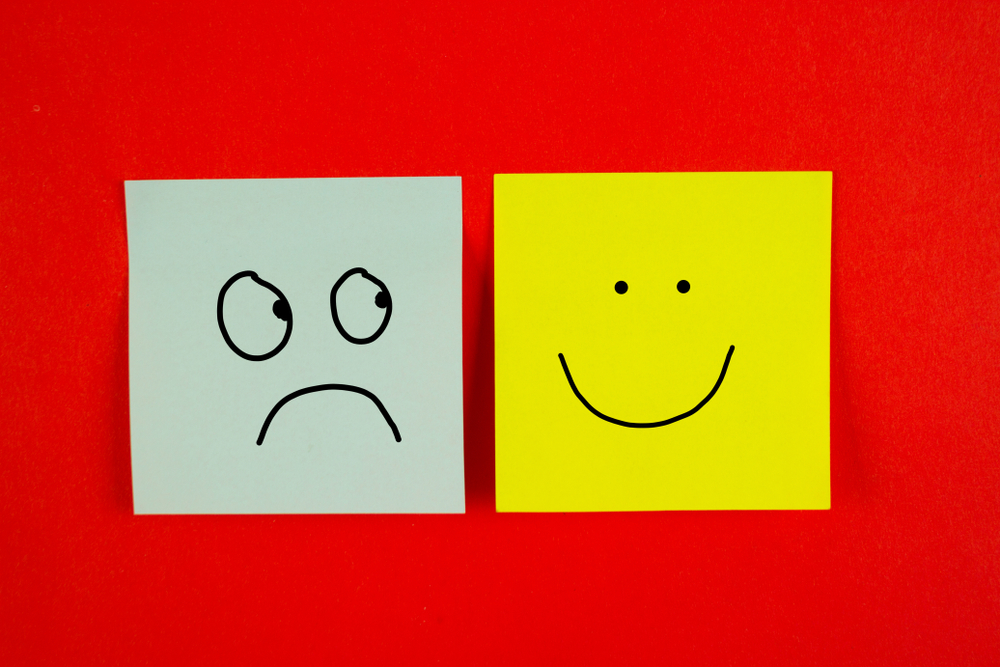“Marie” was shell-shocked.
Newly promoted and highly regarded by the influencers within her company, most felt Marie was on her way to the C-Suite before her 35th birthday. Her passion for her work, connectedness with colleagues, and positive, thoughtful personality were a combination that should have made her feel confident in her success.
Except two out of three best friends within the company had completely ghosted her. As in, no communication, whatsoever, since her promotion.
Marie felt like she had done something wrong.
It was all so surreal. The four of us had been the closest of friends for the last four years. We met every Monday night to recount our highs and lows at work, but most of all we were there to support each other to achieve our highest success. The fact that they never acknowledged or spoke of my promotion crushed me. I have never felt so disappointed in my life. I supported and championed them as they were rewarded. It was as if I had broken the sisterhood code by leaping so far ahead.
Envy is universal. It is especially directed at those with whom we compare ourselves. Workplace envy can separate the closest of friends.
Worse yet, according to Tomasz Obloj and Todd Zenger, authors of Organization Design, Proximity, and Productivity Responses to Upward Social Comparison, this type of comparison can cause individuals working within proximity to feel demotivated and reduce the amount of effort in their work contribution.
Marie’s promotion likely triggered feelings of inferiority when her colleagues compared their career progress with hers. Their disengagement and her subsequent social rejection were a double-edged sword. According to Obloj and Zenger:
Responses to upward social comparison take one of two general forms. Upward comparisons may encourage productive behaviors, as employees seeking higher rewards increase effort and push to learn….Alternatively, employees may upwardly compare, observe others’ higher rewards, deem their basis as unfair, and respond with emotions of envy and injustice that trigger a range of behaviors potentially harmful to productivity.
But what about the one promoted? Was Marie meant to suffer social isolation because of her success?
That is up to her to decide, according to workplace psychologists. Although Marie cannot control the actions of her former friends, she can adjust her reaction to it.
1) Acknowledge the hurt, then move on.
Marie needed to spend some time processing the rejection of her former friends and her hurt feelings to move past the trauma. Rejection, no matter the cause, is a painful human experience.
I spent some time journaling my feelings and ultimately confided to a close friend what I was feeling. It helped to have an outsider reaffirm to me that I had a reason to feel hurt, but that I could choose to let it go and move past it.
2) Expand your circle.
Oftentimes after a period of intellectual or social growth, we may find that the closest circle of friends is not the best fit anymore. Finding commonalities with those farther along our professional or personal journey can help us to continue growing by way of mentorship or inspiration.
Marie found solace in reaching out to another new VP in her division to begin a friendship that ended up becoming a close work relationship.
I would have never reached out to Karen and become friends if this situation hadn’t happened. And that would have been a shame, because now she is one of my best friends and strongest supporters.
3) Be the bigger person in the room.
Marie continued to be polite and encouraging to her two former friends whenever their paths crossed in the workplace.
I made up my mind early on that I was going to be the bigger person and behave the way I would want to be treated. It was hard at first; I felt awkward just seeing them, but I could also see they seemed surprised I was friendly despite their lack of communication. I decided I wasn’t going to allow their bad behavior to affect my performance or my mood.
4) Decide if closure is necessary.
Marie contemplated addressing the betrayal directly with her two friends, but decided against it.
I think that if we hadn’t been work-friends I probably would have asked them directly what the deal was. But because we still needed to work together on projects and have a professional relationship, I decided to let it go. They weren’t going to change who they were and having that closure conversation wasn’t necessary for the long term.
5) Use the experience to examine your own green-eyed monster.
The experience, painful as it was, really made me self-examine my reactions to other women’s successes at work. I began to make a concentrated effort to go out of my way to amplify other women’s successes. Although I had never reacted the way my two former friends did, the experience did make me realize that maybe unconsciously I might not have been as supportive or encouraging as I could have been.
Marie’s dedication to becoming more aware when envious feelings surface will help her to reframe them as fleeting thoughts and dismiss them easily when they surface.
When one of us wins, we all win. Recognizing that there is enough success for every woman will help us all achieve our goals and enjoy the success of our workplace sisters.
Originally published on Ellevate Network.
Follow us here and subscribe here for all the latest news on how you can keep Thriving.
Stay up to date or catch-up on all our podcasts with Arianna Huffington here.


